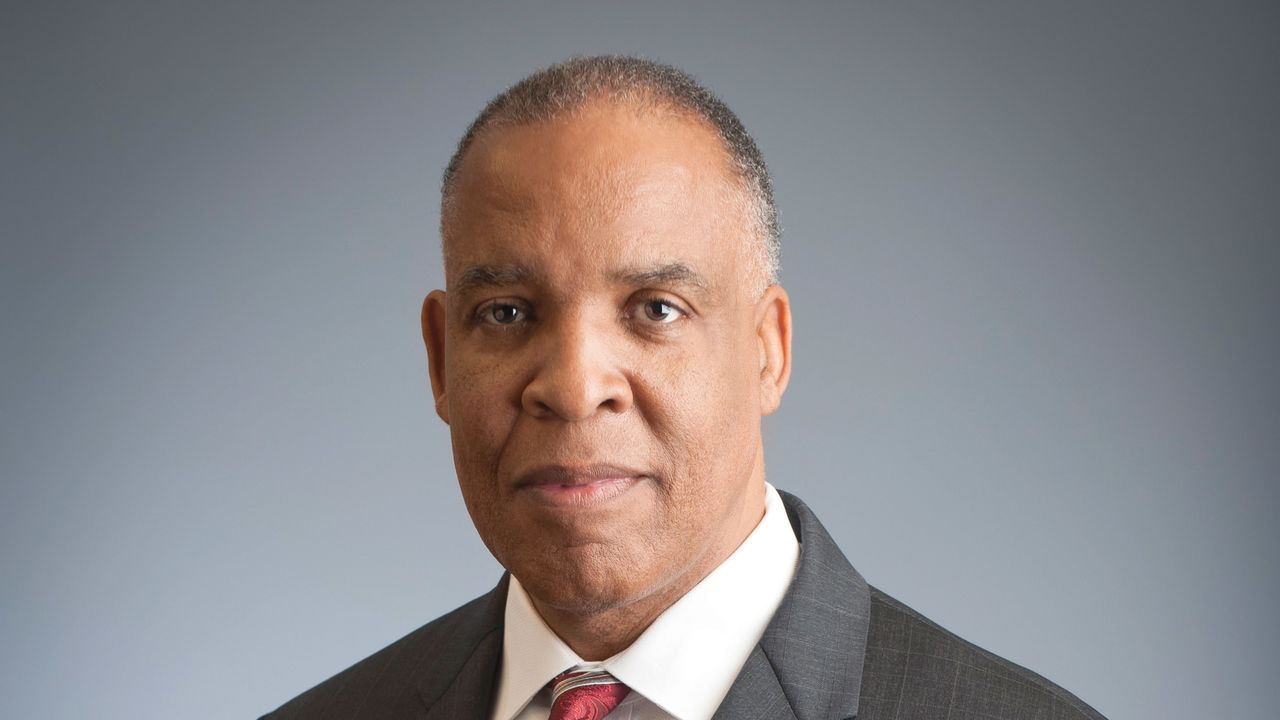From the CEO: Three Principles of The 21st Century Workplace
HR must be innovative, competitive and fair to meet the demands of business today.

The 21st century has been marked by historic changes and breakthrough discoveries. Knowledge and society have progressed more in the past 100 years than they did in the previous 1,000. Today, we live and move at an accelerated pace. The same holds true in business.
It is time to have a critical conversation about the evolving workplace, and no one is more qualified to lead the discussion than HR. That is why the Society for Human Resource Management (SHRM) and our affiliates have laid out our vision for the new workplace. Drawing from our HR expertise and nearly 70-year history of helping people and organizations thrive, we have identified three principles that will enable us to meet the demands of business today. The 21st century workplace must be innovative, competitive and fair.
Innovative: Innovating around how, when and where work is done is no longer a choice. Consider the rise of Millennials. By 2020, members of this group will make up more than half the workforce, and they are looking for a very different experience than their predecessors were. They attach job satisfaction to work they find inclusive and meaningful, and many place value on social responsibility. Companies must think outside the box to attract and retain the new workforce majority.
Competitive: We know that people are the competitive advantage in business today. However, the skills in highest demand are also in shortest supply, from the so-called soft skills to the technical abilities needed to compete in new and advanced jobs. As a result, the competition for talent is intensifying. About 2 in every 3 HR professionals now report difficulty hiring for full-time jobs. While there are no shortages of new products and ideas, we fall short of the talent we need. Organizations must have the flexibility to locate, hire and develop workforces that allow them to compete in a global economy.
Fair: Finally, many developments call for deeper conversations about equity in the workplace. One example is the sharp rise of women in the workforce in the last 50 years. Despite many gains, recent studies suggest that the gender pay gap may not be completely eliminated until the 22nd century. We can do better. Equity also means that there must be a balance between the interests of people and their employers.
At the SHRM 2016 Annual Conference & Exposition, we called on HR professionals to stand with us in support of these principles and took this message to leaders in Washington, D.C. SHRM will also be the singular voice on workplace issues at the political conventions this summer.
The HR profession has advanced faster and further than we could have imagined at the turn of the last century. The hallmark of this century will be flexibility—thinking and doing things differently than we ever have before. People, business and society need new ideas for a new workplace, and we must lead the way.
Henry G. Jackson is SHRM's CEO.
Advertisement
An organization run by AI is not a futuristic concept. Such technology is already a part of many workplaces and will continue to shape the labor market and HR. Here's how employers and employees can successfully manage generative AI and other AI-powered systems.
Advertisement


